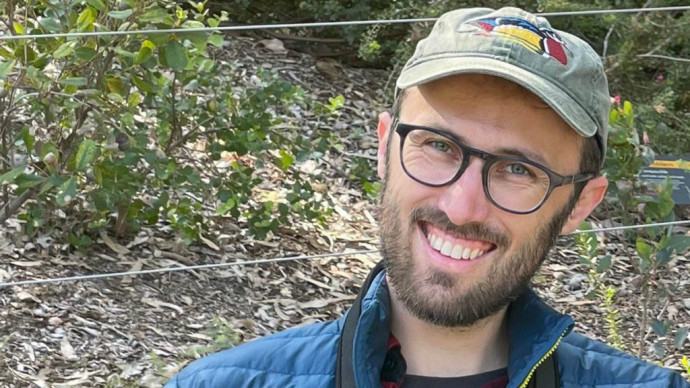Research
Published 28 April 2023Your native language may affect your musical ability

Speakers of tonal and non-tonal languages may perceive music differently, according to research conducted through The Music Lab
Originally published by the University of Auckland, 27 April 2023
Your native language may affect your musical ability, according to University of Auckland and Yale University research.
A study comparing the melodic and rhythmic abilities of almost half a million people speaking 54 different languages found that tonal speakers are better able to discern between subtly different melodies, while non-tonal speakers are better able to tell whether a rhythm is beating in time with the music.
These advantages — in melodic perception for tonal speakers and rhythm perception for non-tonal speakers — were equivalent to about half the boost that you would have from taking music lessons, the researchers reported in the journal Current Biology.
“We grow up speaking and hearing one or more languages, and we think that experience not only tunes our mind into hearing the sounds of those languages but might also influence how we perceive musical sounds like melodies and rhythms,” says Dr Courtney Hilton, a cognitive scientist at Waipapa Taumata Rau (University of Auckland) and Yale who co-led the study.
The research was conducted via The Music Lab, a University of Auckland and Yale collaboration investigating how the human mind creates and perceives music. The head of the lab, Dr Samuel Mehr, recently joined the University of Auckland’s School of Psychology.
While non-tonal languages like English might use pitch to inflect emotion or to signify a question, raising or lowering the pitch of a syllable never changes the meaning of a word. In contrast, tonal languages like Mandarin use sound patterns to distinguish syllables and words.
“This property requires pitch sensitivity in both speakers and listeners, lest one scold (
Additional information: University of Auckland press release
Additional information: Current Biology journal article
RESEARCHER
Dr Courtney Hilton and Dr Samuel Mehr
ORGANISATION
University of Auckland Waipapa Taumata Rau
FUNDING SUPPORT
Marsden Fund Standard grant and Rutherford Discovery Fellowship
CONTRACT OR PROJECT ID
MFP-UOA2133 and RDF-UOA2103
